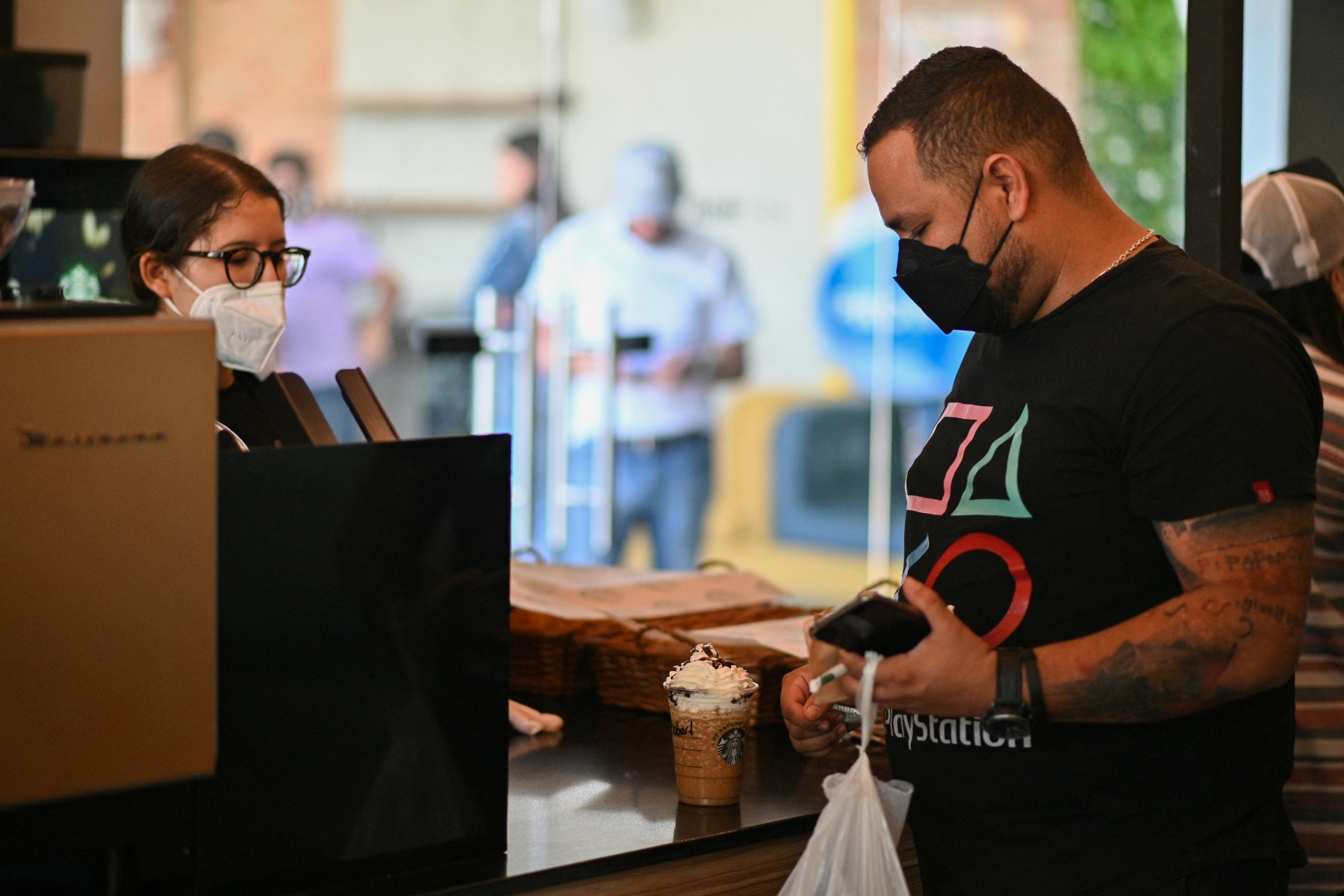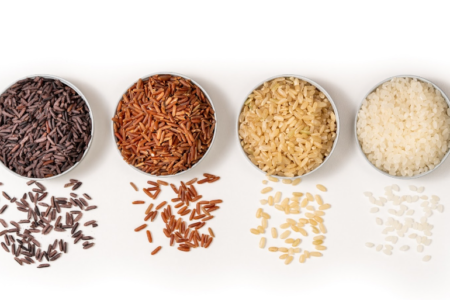
Here’s an interesting statistic: in America alone, 517 million cups of coffee are consumed per day, according to the National Coffee Association’s spring 2022 trend report. This means that an average American drinks at least two cups a day. It is one of the most consumed beverages in the world, but is coffee good for you?
Researchers and health professionals have puzzled over the pros and cons of this beverage for years. Although the drawbacks of consuming coffee have been disseminated to the public time and time again, it still remains a preferred drink for many consumers worldwide. If you’re wondering whether you should reach for another cup or ditch coffee altogether, you might want to read this first:

There has been much research done on the negative effects of drinking coffee, but here are some of the reasons why you shouldn’t ditch that mug just yet. Source: Oswaldo Rivas/AFP
Moderation is key
Dr. Uma Naidoo — a nutritional psychiatrist and faculty member at Harvard Medical School — found throughout her research on coffee that it has more good side effects than bad when consumed in moderation.
She told CNBC, “Two to four cups per day, or less than 400 milligrams of caffeine, is recommended. Drinking dark-roasted, freshly ground coffee beans may decrease unwanted chemicals in your beverage.”
The unfavourable side effects such as anxiety, insomnia, digestive issues, muscle breakdown, addiction, high blood pressure, rapid heart rate, fatigue, and frequent urination and urgency, only begin to take place when you drink in higher doses.
Keep in mind that coffee isn’t for everyone, so deciding how much caffeine to consume also depends on the individual’s own tolerance. If coffee gives your stomach a churning sensation after consuming it, it might be a good idea to put the cup down.

A man buys a coffee at a supermarket in Las Mercedes district in Caracas. Source: Federico Parra/AFP
Coffee could be considered brain food
You’ve heard it all before about how bad coffee can be for you, but what about the good parts? Research suggests that it has a large amount of antioxidants.
Antioxidants are important as they protect your cells against free radicals and may protect the brain’s blood vessels from blockage — decreasing your risk of getting a stroke.
Coffee may also lower the risk of several types of cancer.
Overall, caffeine increases serotonin levels, which helps stimulate the brain and make you more focused. This will come in handy for students powering through a night’s worth of revision.
Coffee may prevent life-threatening diseases
“Consuming coffee in moderation has been associated with a reduced risk of heart failure, type II diabetes, and coronary heart disease,” says Dr. Seamus Whelton, a cardiologist at Johns Hopkins Medicine.
According to him, one should limit their intake to two or three cups per day. Yahoo!Finance reported that Whelton recommends skipping the sweetener, cream, syrups, and other add-ins that can spike sugar levels and add calories.
Size matters too — choose the right portion per serving and monitor the number of cups you drink per day if you’re keen on reaping the benefits of drinking coffee.
“Some popular coffee shops have serving sizes with 24 or more ounces of coffee, which is roughly equivalent to four cups of coffee in a single serving,” Whelton explains.

Students often find it hard to concentrate for long hours, but coffee may help fight off tiredness if taken in moderation. Source: Wang Zhao/AFP
Caffeine may help you study better
Don’t take our word for it — Healthline says that coffee is “an incredibly healthy beverage” too! This is because most types of coffee contain caffeine, a substance that can boost your mood and improve your metabolism, mental, and physical performance.
Caffeine makes you more alert by blocking the effects of adenosine, a chemical in the brain that makes you feel tired. Consume with caution, however, as these effects might be useful for exam season but it should not be something you turn to all the time lest you want to deal with insomnia.
A good rule of thumb is to know what coffee you should go for. Seasoned coffee drinkers will find that espresso works best as it contains 75mg of caffeine per serving, which is ideal if you want it to kick in faster.
Those with low caffeine tolerance should opt for options like a flat white. Unlike lattes, flat whites combine a strong espresso shot with steamed milk, perfect for studying for long hours.










